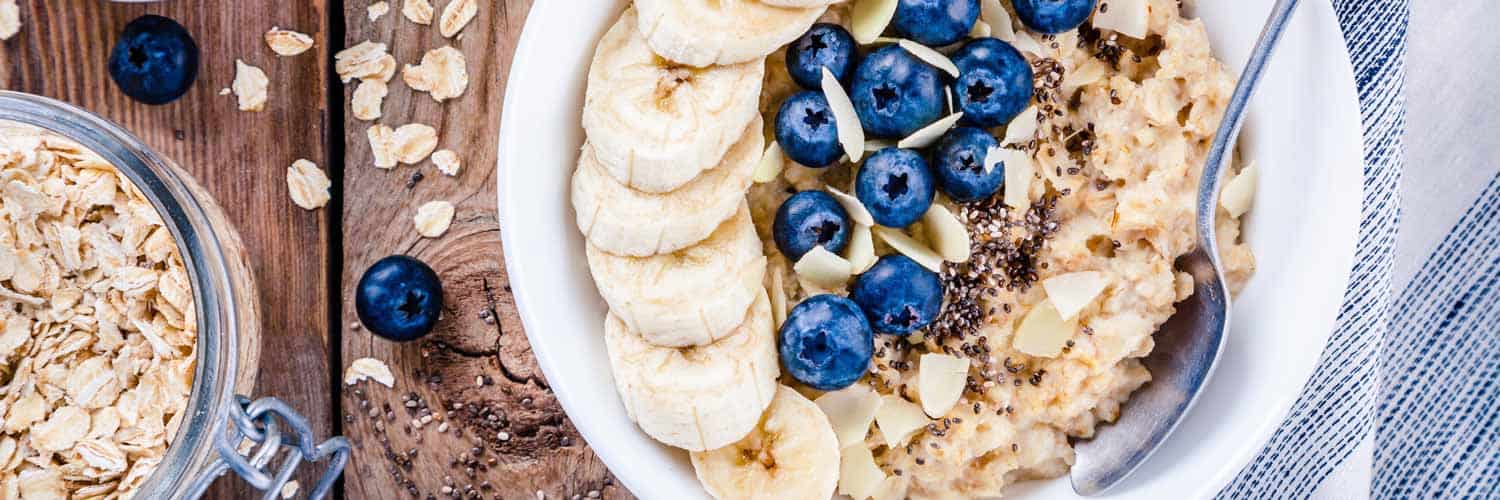You may remember attending nutrition groups and having to place a number on how important you felt nutrition was to your long-term recovery and sobriety. Perhaps during the time spent in detox and the early recovery period, nutrition may not have seemed that important, but as you start to live in recovery, you inevitably start to listen to what your body needs and what it’s telling you. You may just be able to hear its gratitude or its complaints about your eating choices. You may be used to feeling tired or fatigued all the time, and have no idea how much mindful eating can improve your mood.
It’s all too often the case that as we think about nutrition and fitness, thoughts about being physically lean or shedding excess weight come to mind, but how often do you think about the importance of your diet in how you feel? In how your food choices and timing will affect the levels of anxiety or depression you may experience or how they can shape your cravings? It’s my goal as a nutritionist specializing in nutrition in recovery to help clients view food through a different lens: to think about the importance of nutrition in helping our bodies not only recover and replenish those nutrients that were perhaps depleted during active use but to also be able to thrive in recovery while nourishing ourselves and showing our bodies some self-love through nutrition. Forget about the scale or about shedding those extra pounds. Focus on what matters most: eating to feel and perform our best. How can we do this?
First of all, we can start with eating regularly. Yes, it sometimes is as simple as that. “Dieting” or restricting food choices can lead to binge eating afterward, followed by feelings of guilt or shame and the desire to restrict once again by going on a diet. Eating regularly means trusting your body to let you know when it’s hungry and when it’s satisfied. A great motto to live by is “Never hungry, never full.” I encourage you to start listening to your body. You will be able to tell when you are starting to feel hungry and when you have had enough food. This is the basis of intuitive eating. It all starts with mindfulness and assessing how you feel during meal times and throughout the day. Because skipping meals and letting ourselves get too hungry can lead to increased anxiety and risk of cravings, it’s important to pay attention to your body’s signals.
Secondly, slow down. The only way you can understand when your body has had enough food is by slowing down and assessing your hunger throughout your meal. It does take about 15 minutes for your stomach to send the signal to your brain that you’ve had enough. It is difficult to listen to your body if we multitask while we eat. Therefore, whenever possible, try to be mindful when you eat and do not let other distractions such as your cell phone or the TV cause you to ignore those fullness signs. Eating until we feel full or ignoring our fullness signs can lead to unwanted weight gain, which can indirectly lead to increased depression and risk of relapse.
Finally, try to make small changes to provide your body with the essential nutrients it needs to help you recover and maintain optimal mental and physical performance. This means trying to incorporate fruits and vegetables whenever possible in whichever ways you can, as well as other fiber-containing foods such as beans, lentils, and whole grains; trying to add healthy fats such as nuts, seeds, salmon, avocado, and olive oil; incorporating a source of probiotics such as yogurt; and last, but not least, trying to maintain good hydration by aiming to drink half your body weight in ounces.
Remember that eating well is not about eating perfectly; it’s about making progress through small changes such as drinking one more glass of water a day or adding one fruit a day to your usual food intake. Once that becomes a habit, add a new small change, such as starting your day with a healthy breakfast. Even if you’re on the run, you can always aim to get a yogurt drink or a smoothie at home. Keep healthier foods accessible in your bag or on your countertops. We are more likely to eat healthier options if they are visible.
And don’t forget that nutrition is often slow, and it might take several weeks to prepare your stomach to properly digest real food. Actual changes in how you feel may take months, but it’s important to pay attention to what your body is telling you. Many don’t even notice that nutrition played a primarily role in recovery until much later. I challenge you to try to incorporate some of these principles. It may turn out that you had no idea how good healthy eating could make you feel!
If you or a loved one is struggling with addiction, Mountainside can help.
Click here or call (888) 833-4676 to speak with one of our addiction treatment experts.

 By
By 







